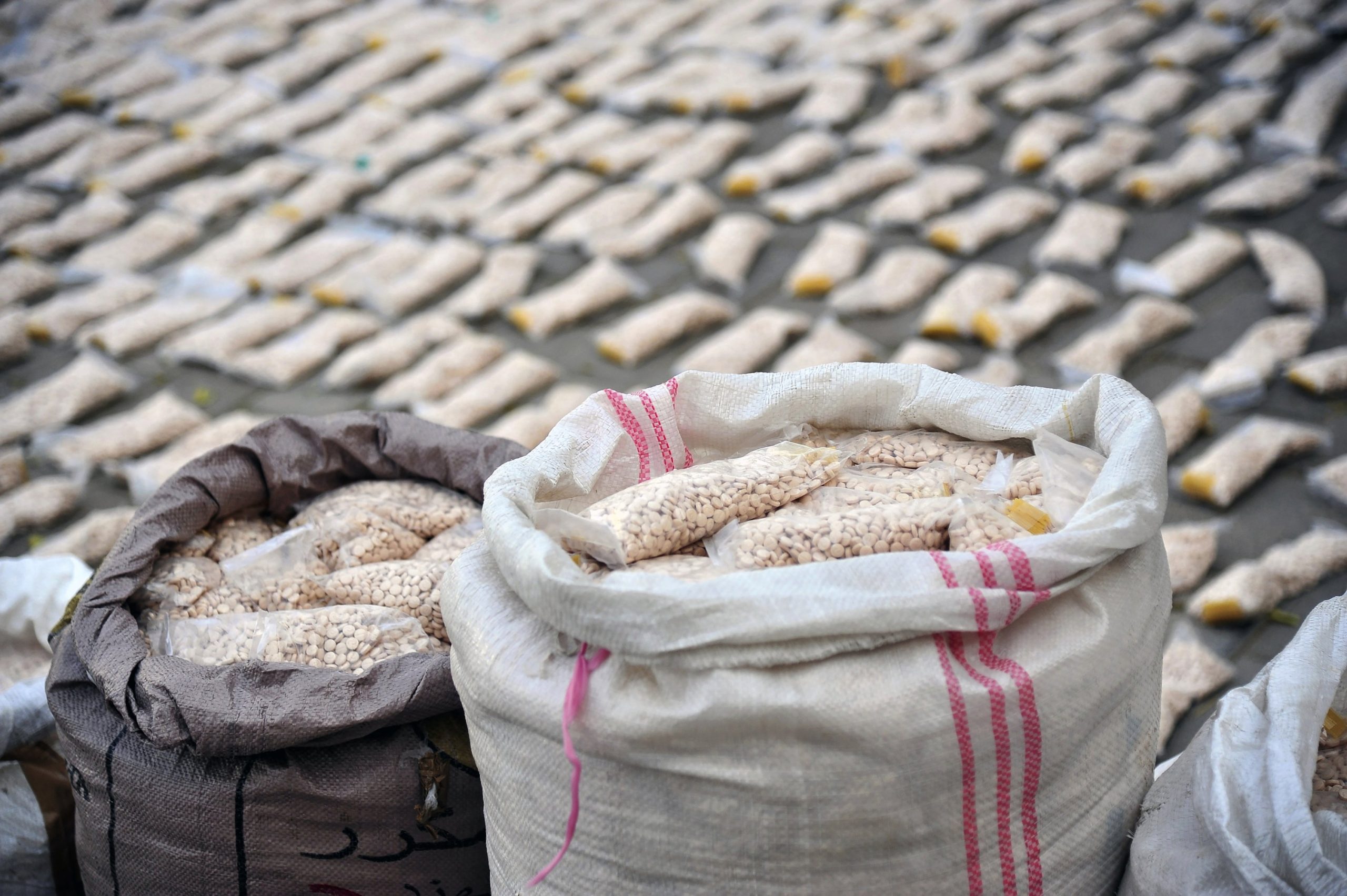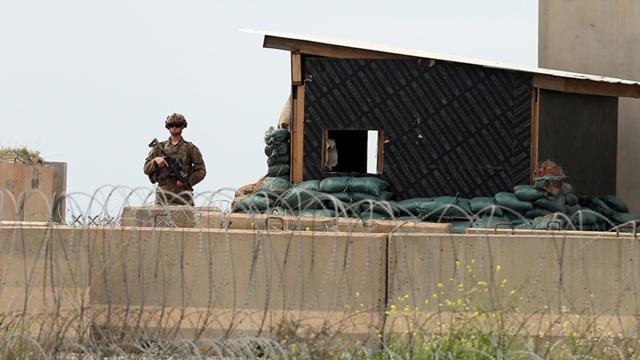Assad’s drug trafficking is on Washington’s agenda
After the problem of drug smuggling from Syria to the world was “inadvertently removed” from the 2022 budget of the US Department of Defense, the issue was once again on the agenda of the US Congress. Because, with a new bill submitted by two Representatives from the House of Representatives last weekend, the US administration is asked to combat the problem in question.
 Republican House of Representatives French Hill from Arkansas and Democrat Brendan Boyle in Pennsylvania presented a new bill in Congress asking the US administration to develop an interagency strategy to eradicate drug production and trafficking in Syria, as well as networks linked to the Bashar al-Assad regime. wanted.
Republican House of Representatives French Hill from Arkansas and Democrat Brendan Boyle in Pennsylvania presented a new bill in Congress asking the US administration to develop an interagency strategy to eradicate drug production and trafficking in Syria, as well as networks linked to the Bashar al-Assad regime. wanted.
- Biggest mammal discovery of the last 90 years: 14 new species identified
- ‘Omicron’ alert in Netherlands: Restrictions increased
The Captagon issue was on the agenda in Washington this month. The bill was accepted by the consensus of both parties in the House of Representatives; however, the amendment was found to be tacitly repealed when parliament passed a new solution formula for the defense law. Following the passage of the US Department of Defense budget law, Congress expressed its support for ending captagon exports and sending the bill to the Senate in a non-binding statement.
Although the Biden administration does not prevent such a strategy from being developed, many observers noted that it has not yet prioritized the issue. The captagon clause, which has received support from Republican and Democratic leaders from multiple committees in both houses, must be approved for inclusion in the final agreement text.
On the issue of not including the Captagon law in the Department of Defense budget, Bob Menendez, Senator from New Jersey and Chairman of the Senate Foreign Relations Committee, told a group of Syrian Americans at a congressional hearing last week that the amendment was canceled due to an administrative error. Menendez promised to reintroduce this issue into the final draft of the National Defense Act, but efforts to enact it again failed.
The forces affiliated with the Assad regime produced billions of dollars worth of captagon, which is considered a drug addictive drug, in 2020. At the same time, both Hezbollah and the Syrian government support the project in question. A Jordanian official reported that the amount of drugs produced in Syria has tripled since the beginning of the year, the New York Times reported.
In their joint statement, Hill and Boyle stated that “the US government should do its best to prevent the level of drug production in Syria” and drew attention to the fact that Syria has been turned into a drug state since 2018. At the same time, he said, “It is important that we stop this illegal financing source smuggling. If we fail to achieve this, the Assad regime will continue to continue the conflict and provide lifeline to radical groups. It will allow US enemies such as China, Russia and Iran to increase their involvement there. This will pose a greater threat than ever to Israel and other partners in the region. The US needs to play a leading role in curbing drug production in Syria; so we can continue to seek a lasting and political solution to the conflict.”
Caroline Rose, political researcher at the Newlines Institute in Washington, believes the proposed bill to tackle the captagon trade is a positive step in the right direction. In his statement to Şarku’l Avsat, Rose stated that the draft in question had a high chance of success as the interest in the illegal drug trade in Syria increased and emphasized that “I think it is in the interest of the current administration to support this bill.” Stating that this bill will provide an opportunity to put pressure on Syria, apart from the current US sanctions campaign against the Assad regime, Rose added that they will try to confront the threat of captagon trade that harms “human security” in the region.





